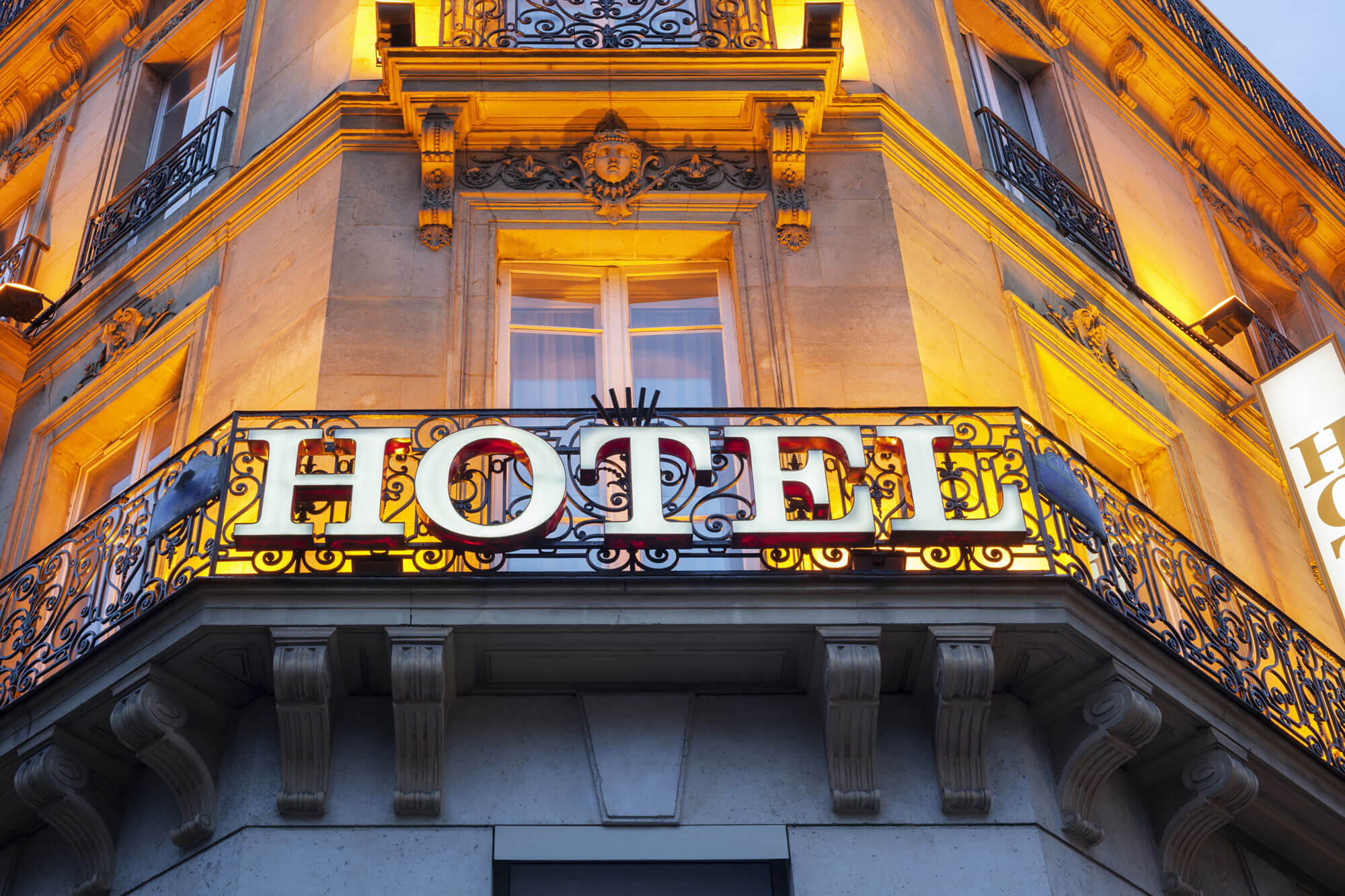Advertisement
Who’d have thought it? Between them, property and tourism – two of the industries that have been hit the hardest by the COVID-19 crisis – are creating one of the year’s most innovative investment opportunities.
Tourism’s Covid shock
In May 2019, global real estate giant JLL released its Hotel Investment Outlook for South Africa. ‘Investment in the country’s hotel sector continues to increase,’ it gushed, ‘with almost R2 billion predicted to be put into new premises this year alone. Over the next three years, it is expected that total investment in this industry in South Africa will hit R6.9 billion, translating to 3,900 new hotel rooms across the country.’ Ah yes … simpler times.
Barely a year later COVID-19 happened, and a year after that – in March 2021 – Cape Town Tourism was lamenting its members’ R2 billion in lost revenue and 12,000 lost jobs over the 2020/21 summer high-season period alone.
Advertisement
So when, in the next paragraph, we tell you that there’s a growing trend towards investing in hotel rooms, you couldn’t be blamed for wondering if those investors have had their heads buried in ignorance under a high-thread-count pillow for the past several months.
Yet it’s true: there’s a growing trend towards investing in hotel rooms, with the United States offering an especially compelling model.
Tax benefits
Even if the timing seems off, the concept itself – investing in hotel rooms overseas to earn regular income – remains sound. Houses and apartments are established forms of property investment and can offer substantial long-term returns. But for those who prefer a shorter-term alternative (with extremely short-term tenants!), hotel rooms are an attractive option.
After all, while you as the investor may be the landlord, the hotel’s management carries the responsibility for ensuring occupation of the room, collecting the fee (rent) and taking care of the cleaning and day-to-day maintenance of the space.
Best of all, the upfront cost is usually lower than a traditional rental property. There are also tax benefits. Unlike other buy-to-let properties, hotel rooms are classified as commercial investments in some jurisdictions. Under some arrangements, you’ll buy a room operated by a third-party company and then receive a fixed percentage in return for a number of years. At the end of that fixed period, the agency will buy back the room at a slightly higher price.
As UK-based hotel investment consultancy Barrows Hotel Enterprises puts it: ‘This is a fantastic way to get a short-term, hands-free investment that can offer guaranteed returns, so it’s easy to see why more people are now taking this route.’
WFH adds a new dimension
There’s an added incentive in territories like Portugal, which offer residency via investment in property. Pam Golding International recently revealed that it had assisted 380 South African families to enter Portugal’s Golden Visa Programme, which has an entry level of just EUR 350,000 (about R6.4 million). The company claims that many of the early investors have already been granted EU citizenship.
What does WFH have to do with hotel rooms? In the United States, everything – as investors are discovering.
The return of condo hotels
A recent report by The Escape Home highlighted the Stateside resurgence of condo hotels, or condominiums that are owned by individuals, but are part of a hotel development. When the owners isn’t using the condo, they add it to the hotel inventory, and allow it to be rented out with the rental proceeds shared (usually 50/50) with the hotel’s management company. Some investors see this as a way to own a holiday home that generates enough rental revenue when you’re not using it to cover the running costs.
Despite – or because of – the COVID-19 economy and its surge in remote working arrangements, condo hotels are hot property. ‘There is a big demand for vacation homes in Florida from digital nomads – people who can work from anywhere at any time,’ Daniel Kodsi, CEO of Royal Palm Cos, which is developing the Legacy Hotel & Residences in downtown Miami, told The Escape Home.
Some developers are incentivising investment by offering a leaseback agreement that guarantees investors a set return on their units for the first few years of ownership. A typical arrangement would provide the owner with a flat fee of 8% of the purchase price on smaller units, and 5% on more expensive rooms.
This, according to one developer, is ‘designed to give the unit owner a worry-free flat-rate payment for the year, as an alternative to the ever-changing typical hotel programme, which is based on rates and occupancy.’
And, if worst comes to worst, at least the unit owner will have a comfortable, well-kept place to stay if ever they want a vacation … or a new home office.




I’m interested in owning Condor room for investment, south Africa, preferably Durban.
I would like to inquire about buying a room in hotel investment. Preferably in South Africa
I am interested in investing in hotel rooms. Can you please share any potential opportunities that I can invest in.